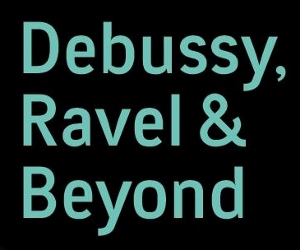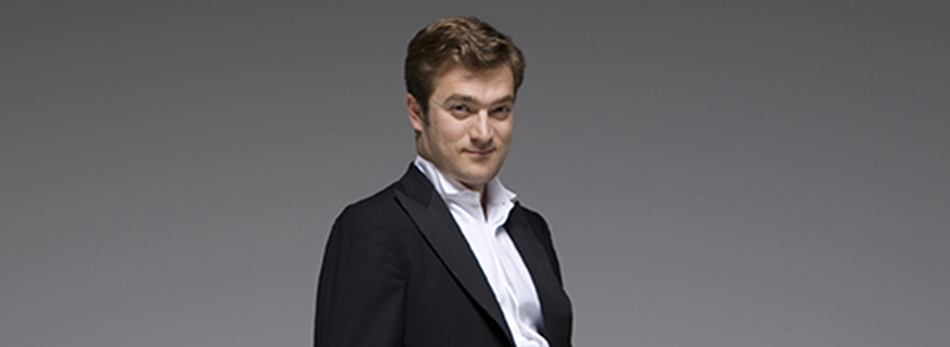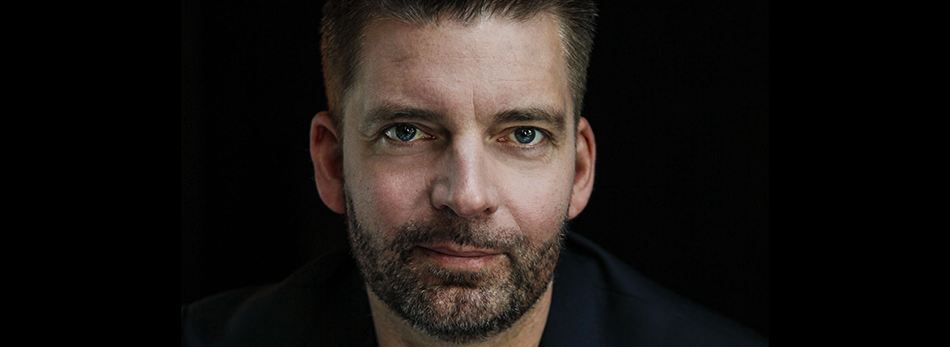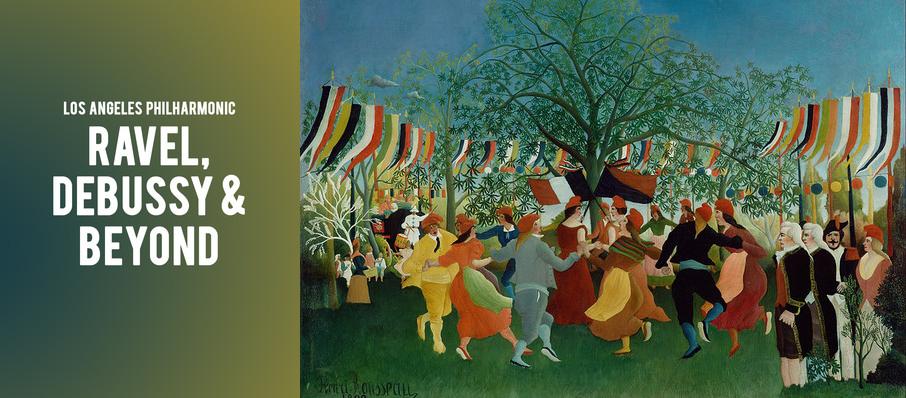“MAR’EH” GETS A “M’EH”
While musicians and devotees of “new” music may find Matthias Pintscher’s mar’eh cool, the patrons at Disney Hall were not having it at the opening night last Friday. Truly typical of way too many modern works, mar’eh (with an also-typical all-lowercase title spelling) is a violin concerto that’s an atmospheric stew-of-notes perfect for a melody-free science fiction soundtrack, but not as a program piece. (Monday Evening Concerts, which plays across the street at Colburn once a month, would be a perfect outfit to perform this work, but they neither have the space nor the resources of the LA Phil.)
While I find it interesting that this type of music — and all of the shimmying and high-frequency squeaking therein — can be notated, and watching the players is endlessly entertaining, I have to wonder who this music is for. I’m guessing that, aside from being fun, challenging work for players, it’s fascinating to mostly fellow musicians and professors at Cal Arts. At minimum, over half of the audience didn’t applaud at all for this West Coast premiere, and only a few stood (and in a world of ubiquitous standing ovations, that’s quite a feat).
The 23-minute violin concerto, conducted by the composer, could not receive a better treatment as it did from the Los Angeles Philharmonic: Denis Bouriakov’s flutter tongue technique on the flute; Alexander Kienle’s horn (which introduced the plaintive, searching melody that was near-impossible to locate the rest of the piece); and a terrific percussion section whose instruments undulated, rumbled and shimmied (and as one might expect in this type of music, the gong is revisited many times).
Even with the fearless, strong French violinist Renaud Capuçon offering amazing sonority, magnificently mastering all of those whispering, spidery passages to nowhere, and bringing crafty character to the cadenza, the woman in front of me said, “If this was New York, they would’ve booed” (the piece is so demanding that Capuçon needed a score in front of him).
Indeed, I have to hand it to the LA Phil for getting folks talking. Outside, I heard “Boulez for academics” (though mar’eh wasn’t nearly as abstract as Boulez’s earlier work, which could be angular, jarring and downright hostile; and Boulez is the guy who, according to The Guardian, called some contemporary music “arithmetical masturbation.”]) The man next to me wondered aloud if the “people who commissioned this” [the Lucerne Festival [founded by Boulez], Alte Oper Frankfurt, and the London Philharmonic Orchestra in 2011] “would want their money back.” My companion said it brought to mind a “post-apocalyptic, dystopian landscape where only cockroaches survived.” Even as Pintscher creates an intriguing sonic realm, the violin’s somber relentlessness and images of hot, dry, dustladen winds made me think of a dying cat on Mars.
I was reminded of Pintscher’s previous effort at Disney Hall when, after the 2016 performance of towards Osiris (2005), I said to my companion, “I’m sure it’s really difficult for the orchestra to get right.” “Yes,” he replied, “but how would anyone know if they did?”
Pintscher has led his work before, in programs that were equally bookended by French impressionists. Here, he began with Ravel’s Rapsodie espagnole (1907), which gave the clarinets (led by Burt Hara), celesta (Joanne Pearce Martin), concertmaster (Martin Chalifour), and harps (led by Lou Anne Neill) some very showy passages. Balletic, athletic, and noble, the German conductor kept a tight rein up to the rousing finale—although the tempo was languid (I wondered if it was any accident that viewers were talking, looking at phones, and even applauding during the 16-minute work, as well as between each of the four movements).
After intermission, Benjamin Ullery’s viola and Marion Arthur Kuszyk’s oboe were featured in the first of three sections that made up “Ibéria,” the middle of the three-movement Images pour orchestre by Debussy (although the greatest applause went to Mr. Hara on clarinet and Thomas Hooten on trumpet). This is a difficult piece to conduct; the music is written in individual torrents that are variable, evocative, and rash, while the magnificent orchestrations create the sounds of guitar and flamenco. Pintscher really corralled the players with warm perfection. But given mar’eh‘s indolent nature, I’m surprised he didn’t spice up the tempo here.
Fortunately, the program ended with the ever-popular Sorcerer’s Apprentice. Dukas’ 1897 tone poem (written exactly 100 years after Goethe’s ballad of the same name) was given sharp, clear-cut treatment, and the Phil had a blast. For the theme, Whitney Crockett brought character to the bassoon, and the awesome strings swirled with swelling pride, magnificently portraying the watery crescendo.
photos courtesy of LA Phil
Los Angeles Philharmonic
Matthias Pintscher, conductor
Renaud Capuçon, violin
Walt Disney Concert Hall, 111 S. Grand Ave.
ended on January 6, 2018
for future events, call 323.850.2000 or visit LA Phil




